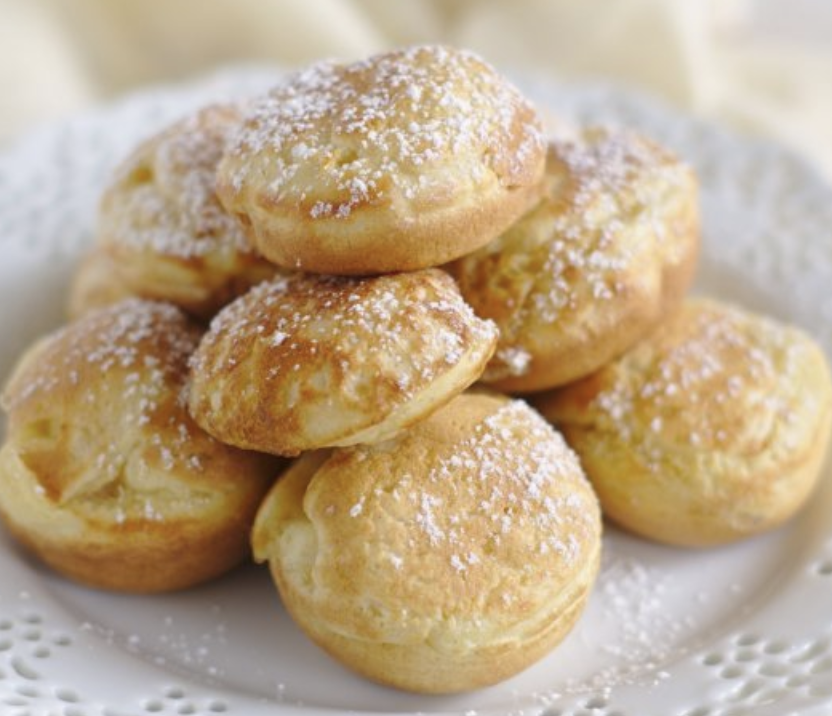Context: The informant is my uncle and he is identified as J.I. He was raised in the Bay Area by my grandparents alongside my mother. He is of Basque descent and takes great pride in Basque culture and his heritage.
Main Text: “One of our traditions was pretty much every other Sunday we would go visit our Basque grandparents Marie and Ernest in Livermore, but our grandmother originally immigrated from the Pyrenees. She would cook Leg of Lamb for us and stick cloves of garlic in the lamb for flavor and roast potatoes in the bottom of the pan. The skin on the potatoes would soak up the juice and taste so good. On my first trip to Europe, my friend and I found our way to my Basque relatives’ home. The cooking reminded me of my Grandmother’s”.
Analysis: The connection between my great grandmother’s cooking and the cooking of the relatives my uncle visited in Europe demonstrates the strong-rooted Basque culture in food. One of the main occupations of the Basque from ancient times was that they sheepherders, and thus lamb has always been a traditional main course.

